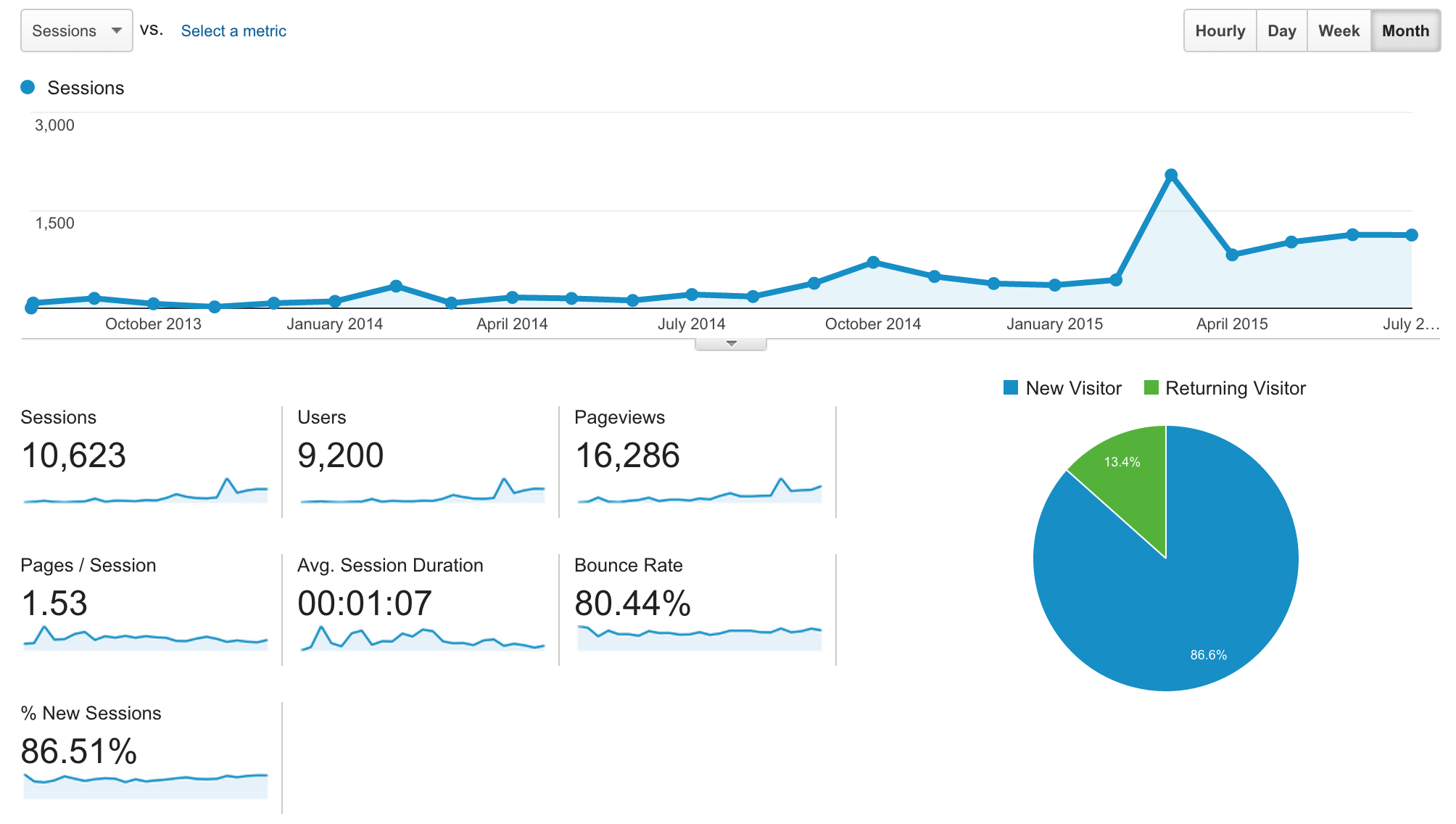CanLII's robots.txt file provides preferential access to its database of laws & cases to users of Google vs. other search engines. This blog post explains how they're doing it and why that is inconsistent with CanLII's privileged position in the Canadian legal publishing landscape.
As a preface to this post: I'm a big fan of CanLII's service and use it regularly for my legal practice. Just because something is great doesn't mean it can't be better.





